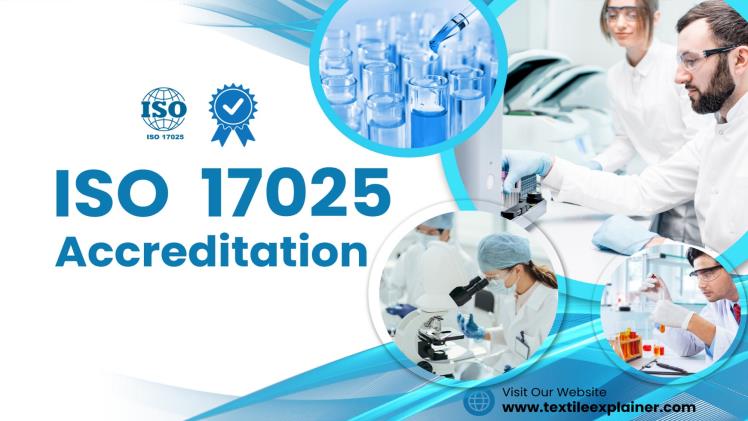Understanding ISO 17025 Accredited Laboratories

The search for excellence and reliability in tests and calibrations is a constant in various industrial and scientific sectors. To achieve and maintain a quality standard that is recognized internationally, many laboratories seek ISO 17025 accreditation. This article explores what ISO 17025 accredited laboratories are, the importance of this accreditation, the process of obtaining and maintaining it, and how it affects companies and consumers.
What is ISO 17025?
ISO 17025 is an international standard that establishes requirements for the competence of testing and calibration laboratories. Published by the International Organization for Standardization (ISO), this standard is crucial for laboratories that want to confirm the accuracy and reliability of their tests and calibrations. ISO 17025 accreditation not only guarantees technical quality, but also the administrative management of a laboratory, providing broad recognition of its competence.
Benefits of ISO 17025 Accreditation
ISO 17025 accreditation offers several benefits, both for laboratories and their customers:
- Increased Confidence : Results provided by accredited laboratories are internationally recognized for their reliability. This is essential for companies that depend on accurate analysis to ensure the quality of their products or services.
- Continuous Improvement : The standard requires constant evaluation and improvements in laboratory processes, which leads to increased operational efficiency and reduced errors.
- International Acceptance : With ISO 17025 accreditation, laboratory results are accepted in many countries, eliminating the need for retesting in international markets and facilitating global trade.
- Market Competitiveness : Accredited laboratories are often preferred by customers and business partners, which can lead to an expansion in business and an increase in clientele.
The Accreditation Process
The process to become an ISO 17025 accredited laboratory is rigorous and detailed, ensuring that only laboratories that meet the highest quality standards achieve accreditation. Steps include:
- Preparation : The laboratory must adapt its internal processes to meet the requirements of the standard, which may include staff formation and training, review of procedures and implementation of an effective quality management system.
- Documentation : All documentation related to quality procedures, processes and policies must be prepared, compiled and reviewed in accordance with ISO 17025 guidelines.
- Initial Audit : An accredited external organization carries out a full audit to verify that all criteria in the standard are met. This includes the assessment of technical and administrative processes.
- Corrections and Improvements : If non-conformities are identified, the laboratory must adjust its procedures and be reevaluated.
- Accreditation : After compliance with all requirements, the laboratory receives accreditation, which is periodically reevaluated to ensure standards are maintained.
Impact on Business and Consumers
For companies, choosing laboratories accredited by ISO 17025 means ensuring that the products or services offered to the market comply with rigorous quality standards, mitigating risks and reinforcing consumer confidence. For consumers, this translates into safer, higher quality products and services, as they have been validated by reliable testing and analysis.
Conclusion
ISO 17025 accreditation is more than a certificate; It is a declaration of excellence, reliability and commitment to ongoing quality. For laboratories, it is a passport to global market participation, and for consumers and companies, it is a guarantee that they can trust the results presented. Choosing laboratories accredited by ISO 17025 is, therefore, a strategic choice for any business that values quality and precision in its products and processes.
The choice of accredited laboratories reflects a commitment to quality that benefits the entire production chain, standing out as a crucial element for success in the competitive global market.




